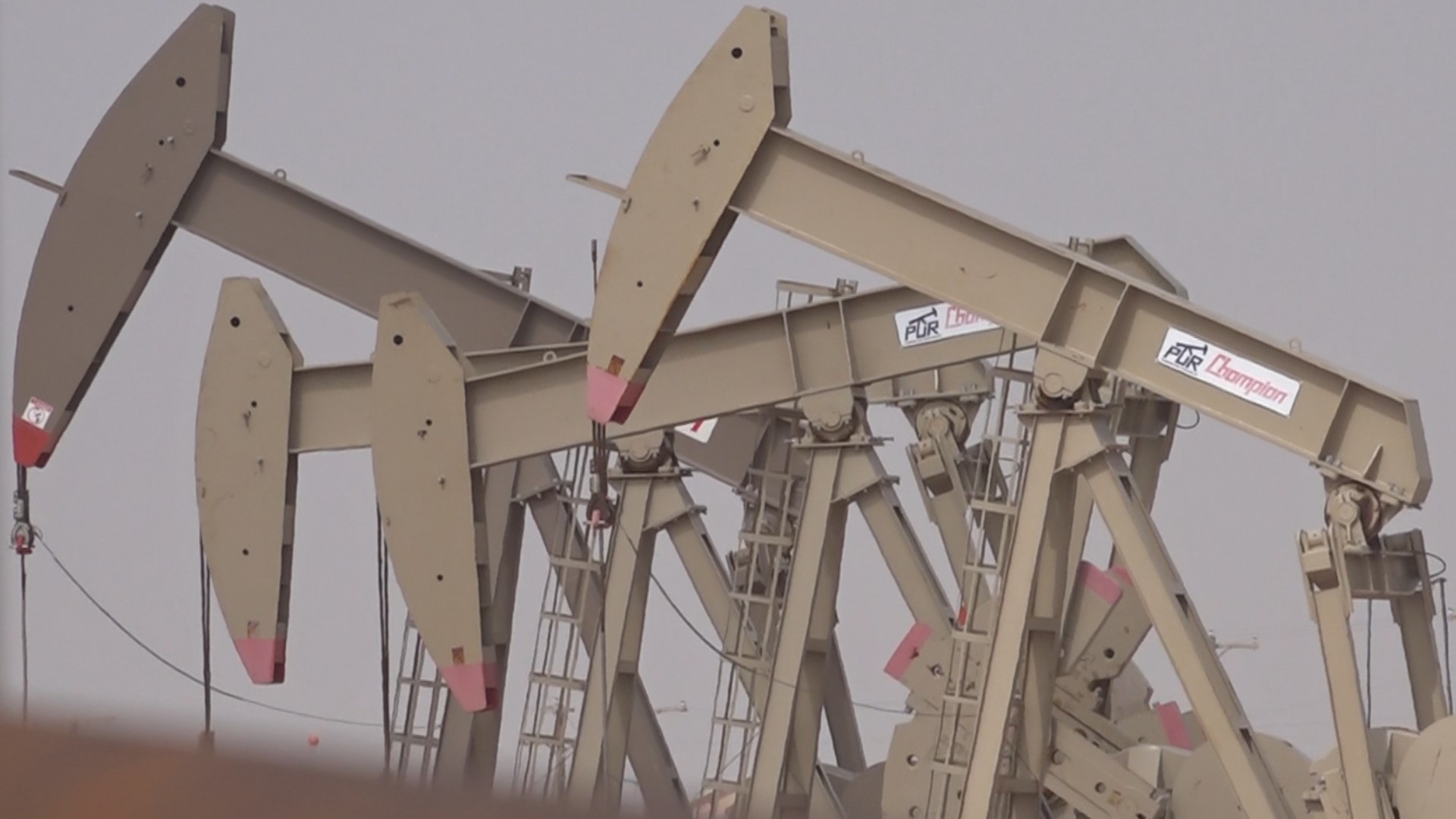MIDLAND, Texas — Just about everything across the board costs more these days. From filling up your gas tank, to feeding your family, everything is more expensive.
This includes the price of oil, which is hovering around $104 per barrel. While that would typically be a good thing, it's also coupled with historic inflation.
President Biden is looking for ways to give people a break wherever possible. It's one reason why his administration has zeroed in on an oil and gas windfall tax. This tax is focused on oil and gas companies who have had large profits.
However, industry experts, don't believe that it will provide much relief for consumers.
Stephen Robertson, executive vice president for the Permian Basin Petroleum Association, said that it would be similar to a situation we experienced during Jimmy Carter's presidency.
"The design is very similar to a similar effort offered up and put in place by the Jimmy Carter administration back in 1980, which at that time saw an increase in prices for consumers and a decrease in domestic production, so that's very likely what we would see," Robertson said.
A decrease in domestic production means an increased reliance on foreign energy production, which would result in a bigger hit on our wallets.
"All this is going to do is hamper domestic energy production which, in turn, is going to increase the cost for people at the pump, the cost for people to travel, the cost for people to be able to get goods, the cost for people to be able to live their lives," Robertson said.
Robertson said that the market should dictate a change in price or be able to correct itself. He said the federal government shouldn't try to correct any issues itself.
"If you really want to support American independence when it comes to energy, support American energy," Robertson said. "That does not mean putting a new tax on American energy. That means that when the markets tell the oil and gas industry that your product is worth a negative value, as it did a few years ago, you don’t step in. You let the market dictate what the cost is."
Robertson said that this policy also goes against what the Biden administration has been discussing with the industry when it comes to supporting U.S. energy.
"The administration has seemed to talk to the public about wanting to support domestic energy development," Robertson said. "Yet the actions, either by the administration through regulatory mandate, or through proposed legislation, is very much telling the domestic oil and gas industry 'we don’t want you here.'"

